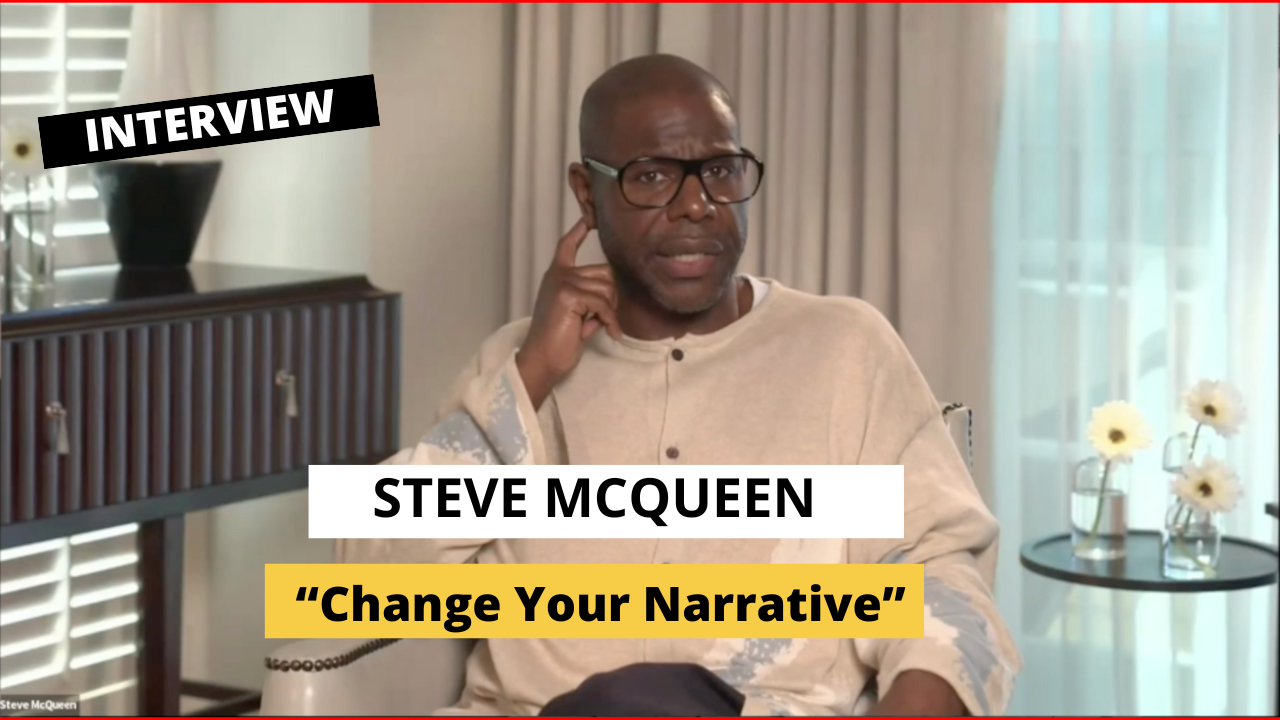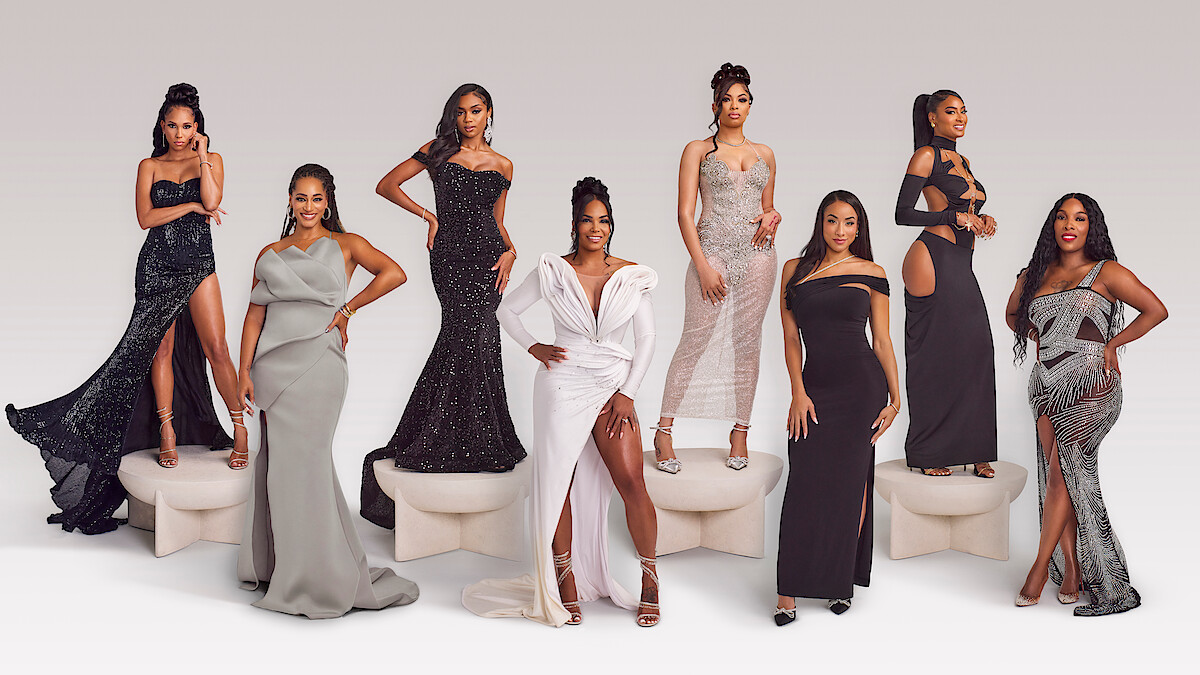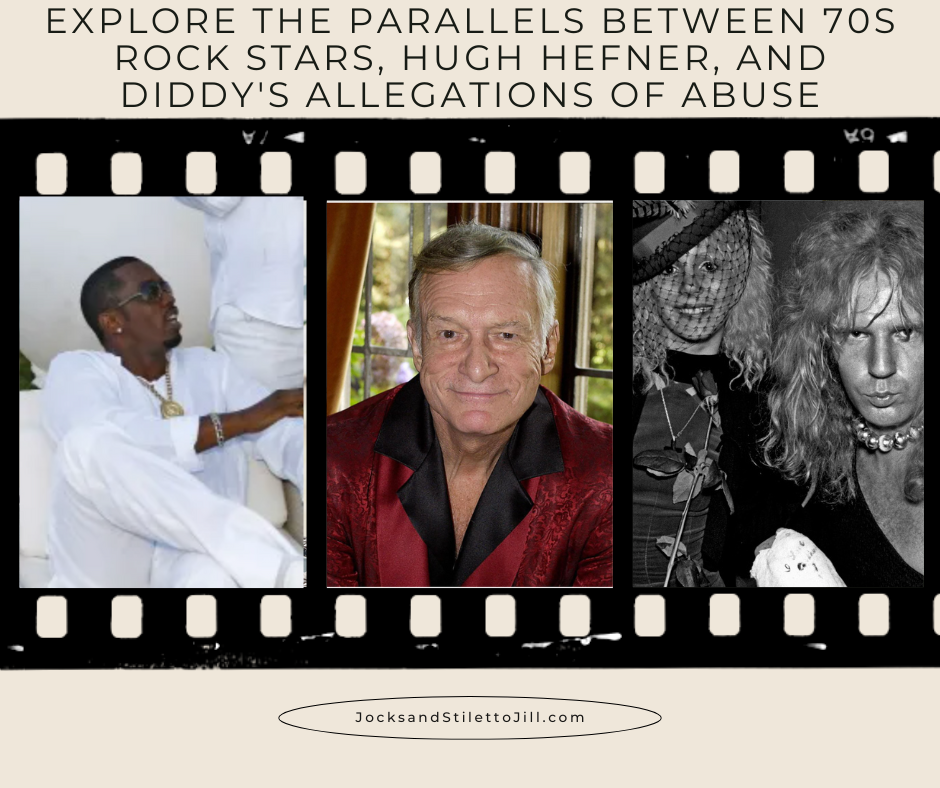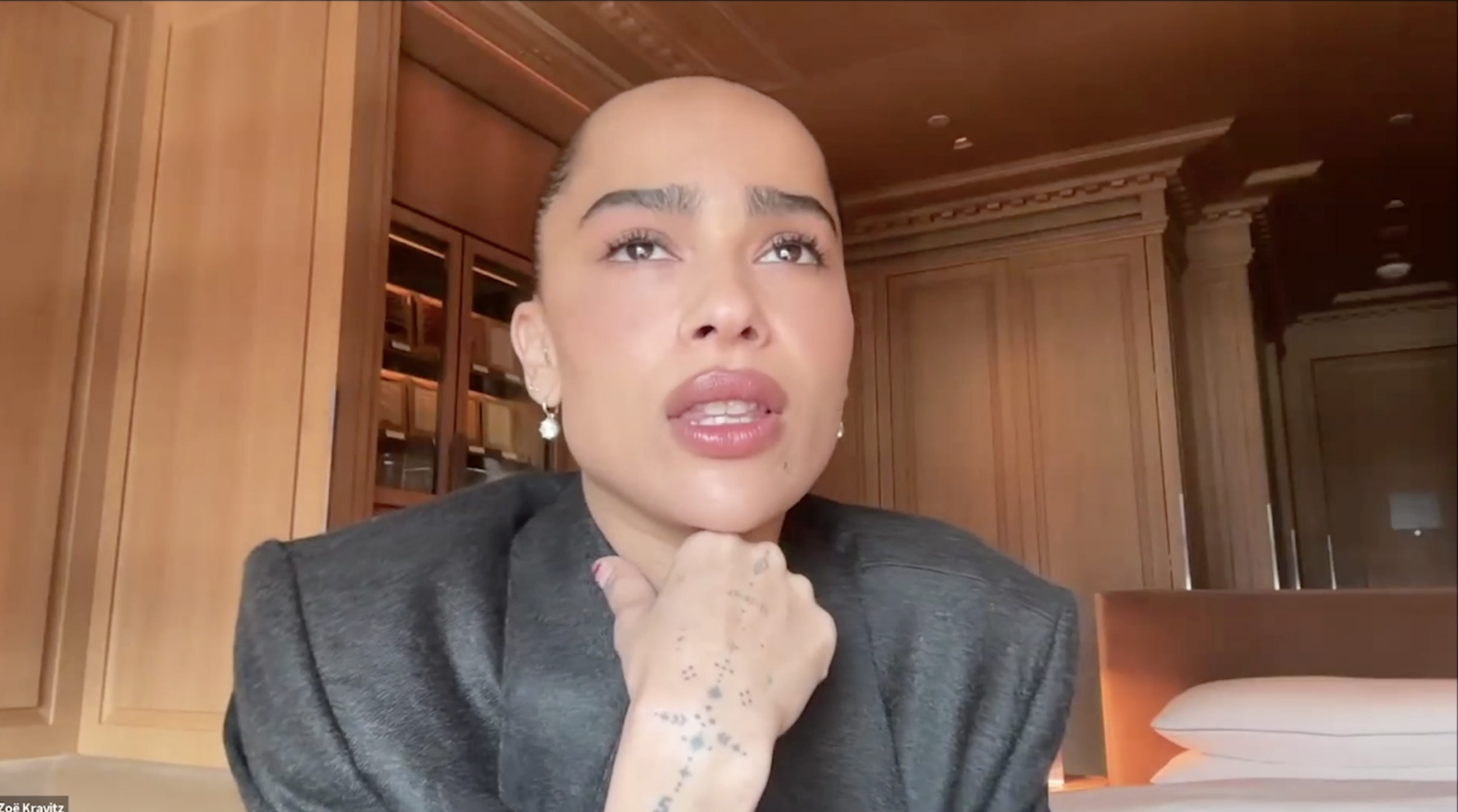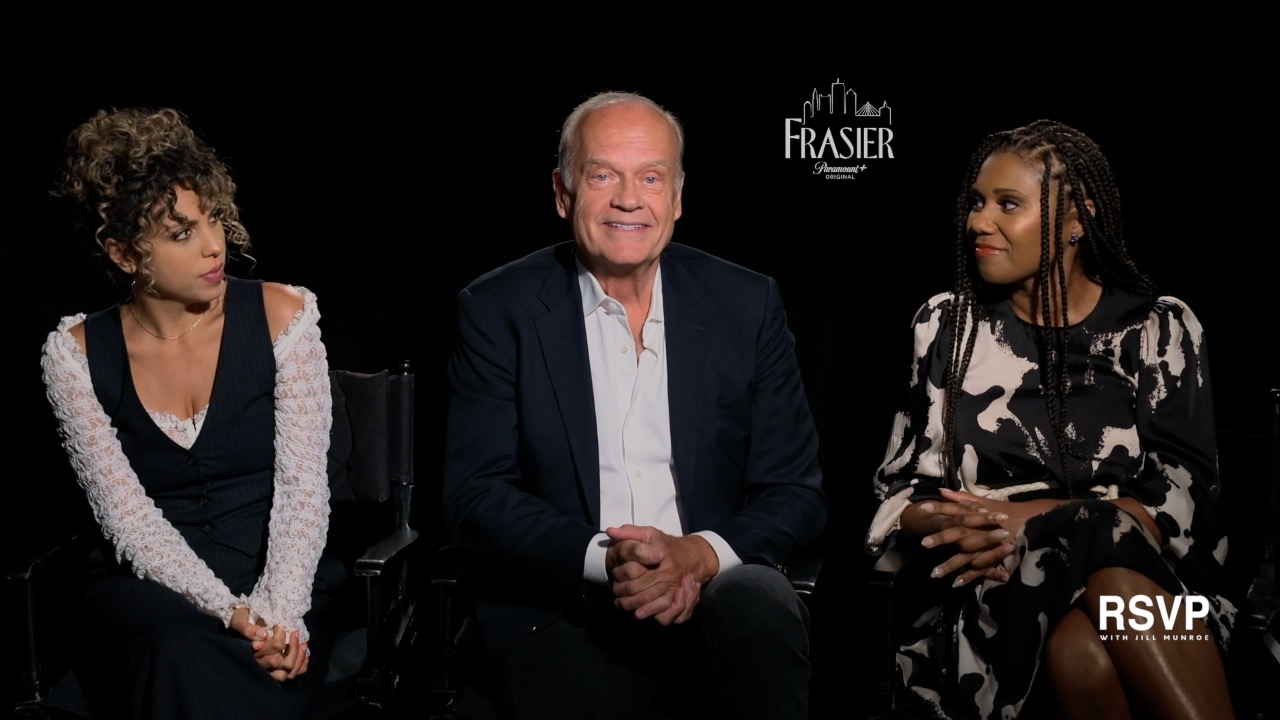This comparison between rock stars and Hefner was recently brought up during an episode of my Livestream *RSVP with Jill Munroe*; I talked about recent remarks made by Dr. Umar Johnson that “Puff Daddy is Hip-Hop’s Hugh Hefner.” He made the connection between the two men’s notorious parties and their use of fame to surround themselves with beautiful women, often in exploitative ways.

Diddy’s Lifestyle: White Parties and Allegations
Fast forward to the 90s and early 2000s, and we see another mogul making waves in the music industry—Sean “Diddy” Combs. Like the rock stars and Hugh Hefner before him, Diddy was a master at cultivating an image of success, indulgence, and sexual freedom. His famous white parties became the stuff of legend, drawing celebrities, models, and musicians for nights of glamorous debauchery. I can say that I attended a few back in the day, and it was the place to be – with no sign of freakoff activities. I’m sure that stuff went down later at the after-after party.
But much like the rock stars of the 70s, Diddy’s image now comes with a cloud of allegations. In recent years, rumors of his involvement in coercive sexual activities have surfaced. Multiple women and men have come forward, accusing him of abuse, manipulation, and trafficking. The allegations detail a lifestyle of control where people were allegedly drawn in by the allure of fame and fortune, only to find themselves caught in toxic, abusive relationships.
One such woman is Diddy’s ex-girlfriend, Cassie. After dating him for over a decade, Cassie eventually left the relationship, later alluding to the emotional and psychological abuse she endured during their time together. Cassie’s experience can, in some ways, be compared to those teen rock star girlfriends of the 70s, many of whom found themselves in similar situations of power imbalance, just as Lori Maddox and Bebe Buell were drawn into the orbit of their rock-star boyfriends.
Groupies, Vixens, and Video Girls: A Tale as Old as Time

While the 70s rock scene had groupies like Pamela Des Barres and Bebe Buell, the 2000s hip-hop scene had video vixens like Karrine “Superhead” Steffans. In her memoir *Confessions of a Video Vixen*, Steffans details her tumultuous relationships with some of the biggest names in hip-hop, including Diddy. Much like *I’m with the Band*, her book pulls back the curtain on a world where women were worshipped and discarded. Steffans, like Des Barres, emphasizes her agency in her relationships with powerful men but also acknowledges the darker side of the lifestyle—drug addiction, exploitation, and emotional abuse.
The parallels between the two eras are striking. Just as rock stars were untouchable in the 70s, so were hip-hop moguls like Diddy in the 2000s. Both groups of men surrounded themselves with beautiful women, often younger and more vulnerable, and used their fame and wealth to create environments where boundaries were blurred and consent was murky. And just as the rock stars of the 70s were eventually held to account for their behavior (if only through the court of public opinion), Diddy now finds himself facing federal charges that could bring his empire crashing down.
So, are Diddy and Hefner two sides of the same coin, as Dr. Umar Johnson suggested? In many ways, yes. Both men used their wealth and power to build worlds where they were surrounded by women, often younger and more vulnerable. Both men created environments where excess was the norm and where the line between consensual relationships and exploitation was frequently crossed. And both men, while celebrated for their contributions to pop culture, now find their legacies tarnished by allegations of abuse.
Yet, it’s important to recognize that times have changed. While the 70s rock stars and Hugh Hefner operated in a world where such behavior was largely excused or ignored, today’s media landscape is far less forgiving. Diddy’s legal battles are only just beginning, but the court of public opinion has already started to weigh in. As more people come forward to share their stories, it becomes increasingly clear that the culture of excess and exploitation that has long defined the entertainment industry may finally be coming to an end.
The question now is: how will history remember Diddy? Will he be seen as a victim of the same “rock star” lifestyle that consumed so many before him? Or will he be remembered as a man who used his power and influence to exploit those around him? Only time will tell.
*Get the books mentioned
‘I’m With The Band: Confessions of a Groupie’
* Watch “Secrets of Playboy” on Prime Video
Disclosure: These are affiliate links. If you purchase through this link, I may earn a commission at no additional cost to you.
